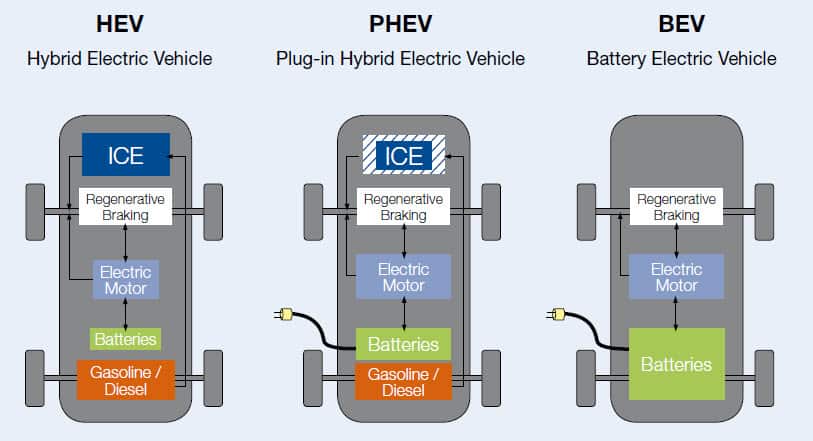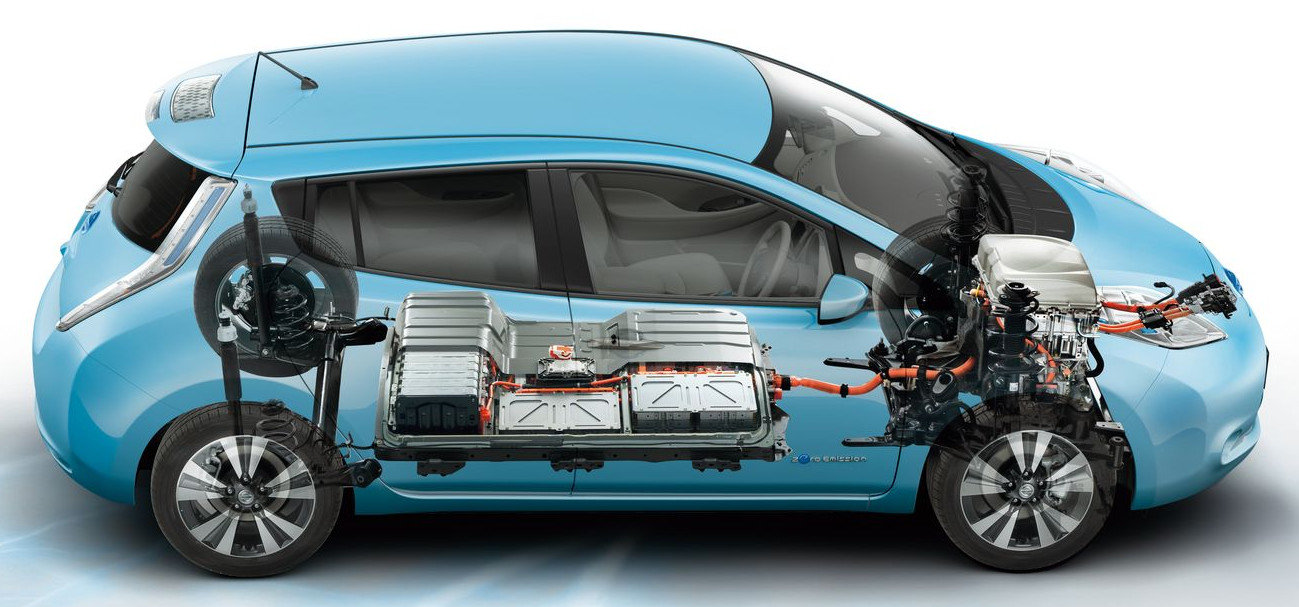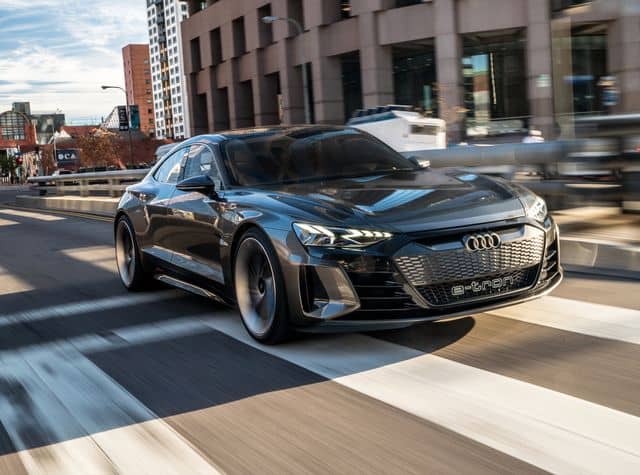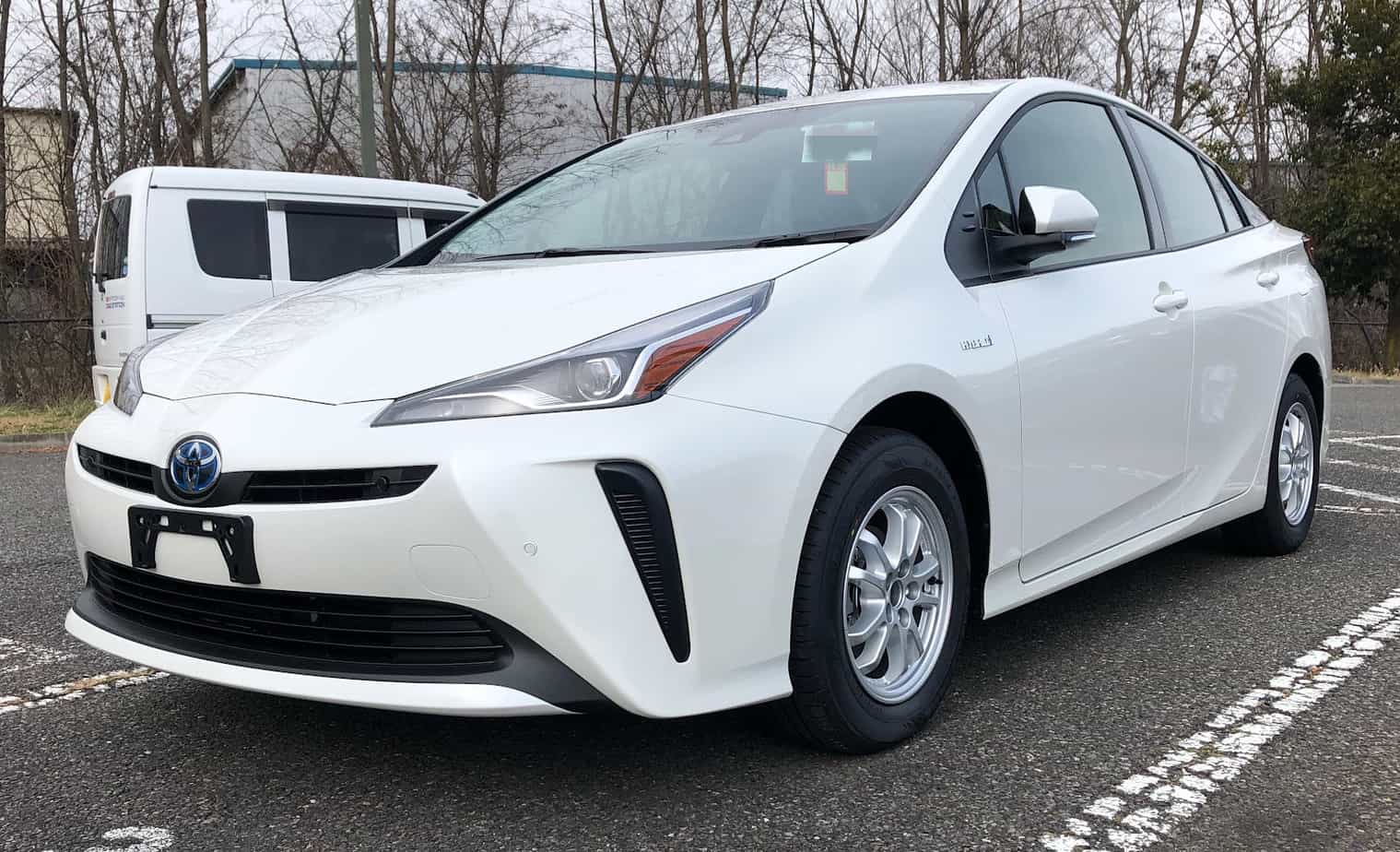Electric cars are known as electric plug cars There is repulsive force from the activity of one or more electric motor. These cars use energy stored in car chargers.
The electric cars are increasingly being popular use In the world. Therefore, different types of electric cars have been born to serve different needs of customers.
To help you better understand each type of electric car, in this article Thanh Phong Auto will introduce 3 types of electric cars available on the market. Subscribe to this article!

At present, the electric car market is classified into the following three categories:
Let's go with Thanh Phong to find out each specific vehicle!
Battery type electric cars electric-vehicle (BEV) also owns the name EV (Electric Vehicle). BEV electric cars are powered by Fully electric motor and maybe recharged by battery. Of course, this type of vehicle will not require any operation of the gasoline engine.

Loader classification:
Level 1 loader:
Level 2 loader:
Level 3 loader:
Maybe you are interested Cleaning - Maintenance of car interiors


The types of electric cars presented by Thanh Phong here own these Various features. However each type is promoting these own outstanding advantages mine.
Hopefully, this article will help you understand and own more useful information about the electric car market.
Maybe you are interested Interior Car Care
See More Articles Sharing translation experiences Or Thanh Phong:
Differentiating 4 Types of Automotive Gearboxes Available in the Market
Cars Care Service Price Sheet At Thanh Phong Auto HCMC VietNam:
* The cars that we have mechanics: Mercedes, BMW, Audi, Lexus, Toyota, Honda, Mazda, Mitsubishi, Kia, Daewoo, Hyundai,Ford, Nissan, Volkswagen, Porsche, Chevrolet, Rand Rover, Innova, Fortuner, Vios, Fiat, Bugatti, Ferrari, Bentley, Hummer , Chrysler, Dodge, Renault, Cadillac, Volvo, Subaru, Daihatsu, Ssangyong, Roll-Royce, Peugeot, Smart Fortwo, Tobe M'car, Luxgen, Zotye, Haima, Geely, Baic, Hongqi, Cmc, Mini Cooper, Buick, Opel, Acura, Aston Martin, Vinfast, TQ Wuling.
To keep your vehicle running properly at all times, we offer a number of services that are carried out by our certified, expert auto service and repair technicians who have years of experience performing everything from oil changes to a complete engine overhaul.
LEAVE COMMENT